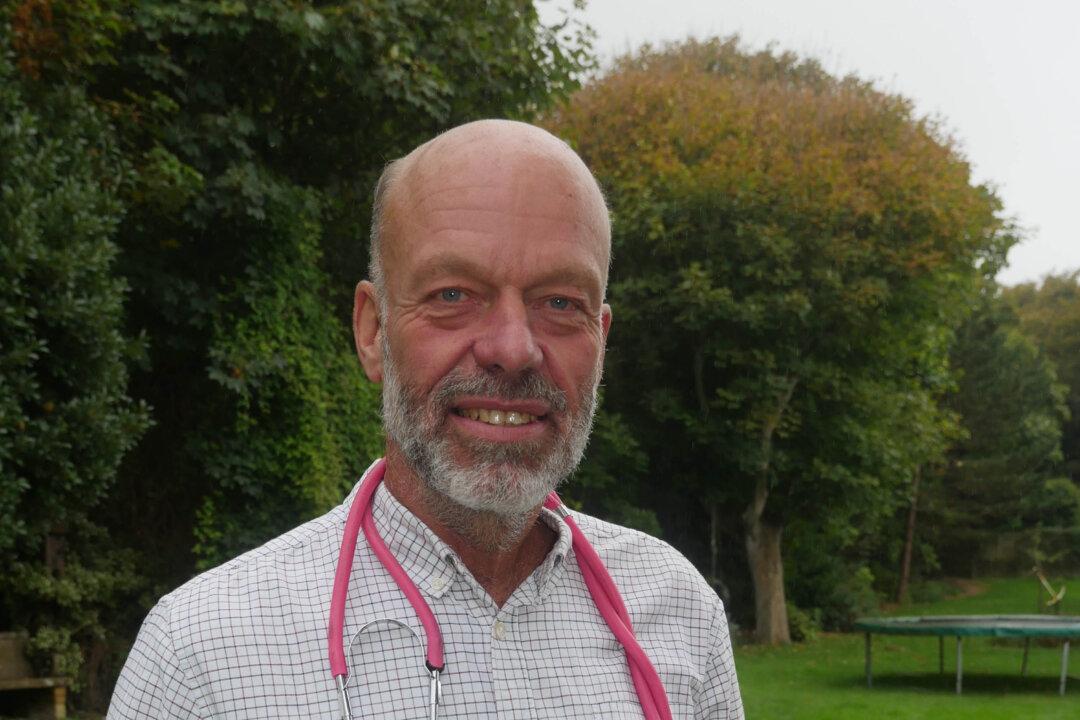The tribunal for a Christian doctor who received complaints about offering prayer to his patients has been called off after a last-minute settlement with NHS England.
On Monday, Dr. Richard Scott, 62, from Margate, England, had been set to contest a number of complaints relating to him offering spiritual care to some patients as well disciplinary measures and mandatory conditions imposed against him by NHS England at Ashford Tribunal Hearing Centre, Kent.





